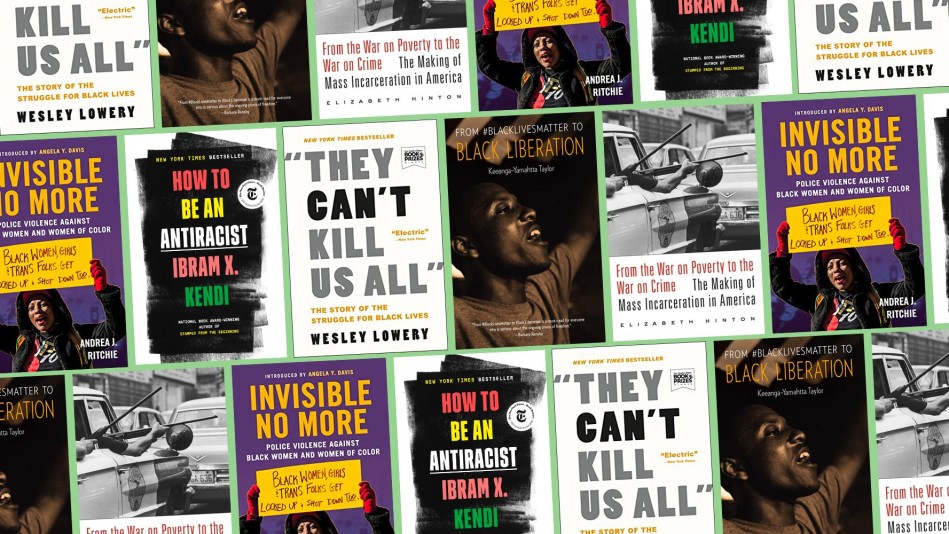Ibram X. Kendi: 10 Books to Better Understand the History of Racism in America
Kendi is the author of the bestseller How to Be an Antiracist.

Photo: Getty Images
In a charged societal moment like this, you may be wondering: What can I do? People have been protesting in cities around the country and world. They've been buying from Black-owned businesses, and donating to organizations, and writing to politicians. And they've been reading books that engage with race in U.S. society.
Ibram X. Kendi's book, How to Be an Antiracist, is a book that has seen a spike in popularity in the wake of mass protests demanding an end to systemic racism. First published in 2019, the book has catapulted to the top of Amazon's charts, and has been backordered at Bookshop.org. As Kendi writes, it's not simply enough to recognize racism: The true work comes in dismantling racist framework from our own lives and culture at large.
In a list created exclusively for OprahMag.com, Kendi shares a syllabus of ten books to reframe the conversation about many facets of American society. These books require active, not passive, reading—because ultimately, the idea is to reapply their framework to the way you may see the world. Kendi's recommendations should not just be taken simply as informative or even instructive, but as prompts to become participants in change, both personal and cultural.
1. The Condemnation of Blackness: Race, Crime, and the Making of Modern Urban America by Khalil Gibran Muhammad
Published by Harvard University Press, Khalil Gibran Muhammad's examination of the ways in which the very concept of "crime" itself has become insidiously synonymous with Blackness reveals and dismantles the myths that link the two together, questioning why crimes perpetrated by whites are statistically ignored.
2. Locking Up Our Own: Crime and Punishment in Black America by James Forman Jr.
Former public defender James Forman Jr. won the Pulitzer Prize in 2018 for this deep dive into the role Black political leaders, fearful of how white people might perceive them, have played in developing policies that lead to the incarceration of people of color at both the local and national levels.
3. Medical Apartheid: The Dark History of Medical Experimentation on Black Americans from Colonial Times to the Present by Harriet A. Washington
The Tuskegee Experiment was unfortunately just one instance in a horrifyingly long lineage of scientists performing experiments on Black bodies. Here, Washington unfurls the utterly shameful history of the unethical medical practices that transformed racial injustice into a public health crisis.
4. From #blacklivesmatter to Black Liberation by Keeanga-Yamahtta Taylor
In this searching cultural commentary, activist-journalist Keeanga-Yamahtta Taylor looks at how recent deaths due to police brutality have ignited a powerful social movement and how the demonstrations that have erupted in their aftermath significantly challenge the constraining structural inequality that pervades our nation.
5. The New Jim Crow: Mass Incarceration in the Age of Colorblindness by Michelle Alexander
Considered one of the most influential books of the past twenty years, legal scholar Michelle Alexander's staggering interrogation of the ways in which modern America's criminal justice system—as a result of decades of disastrous and explicitly racist policies like the supposed "War on Drugs"—disproportionately affects people of color is a necessary reexamination of our nation's recent past and a reminder of what we must undo to change its present.
Read the full story here: Ibram X. Kendi Recommends 10 Books to Better Understand the History of Racism in America



